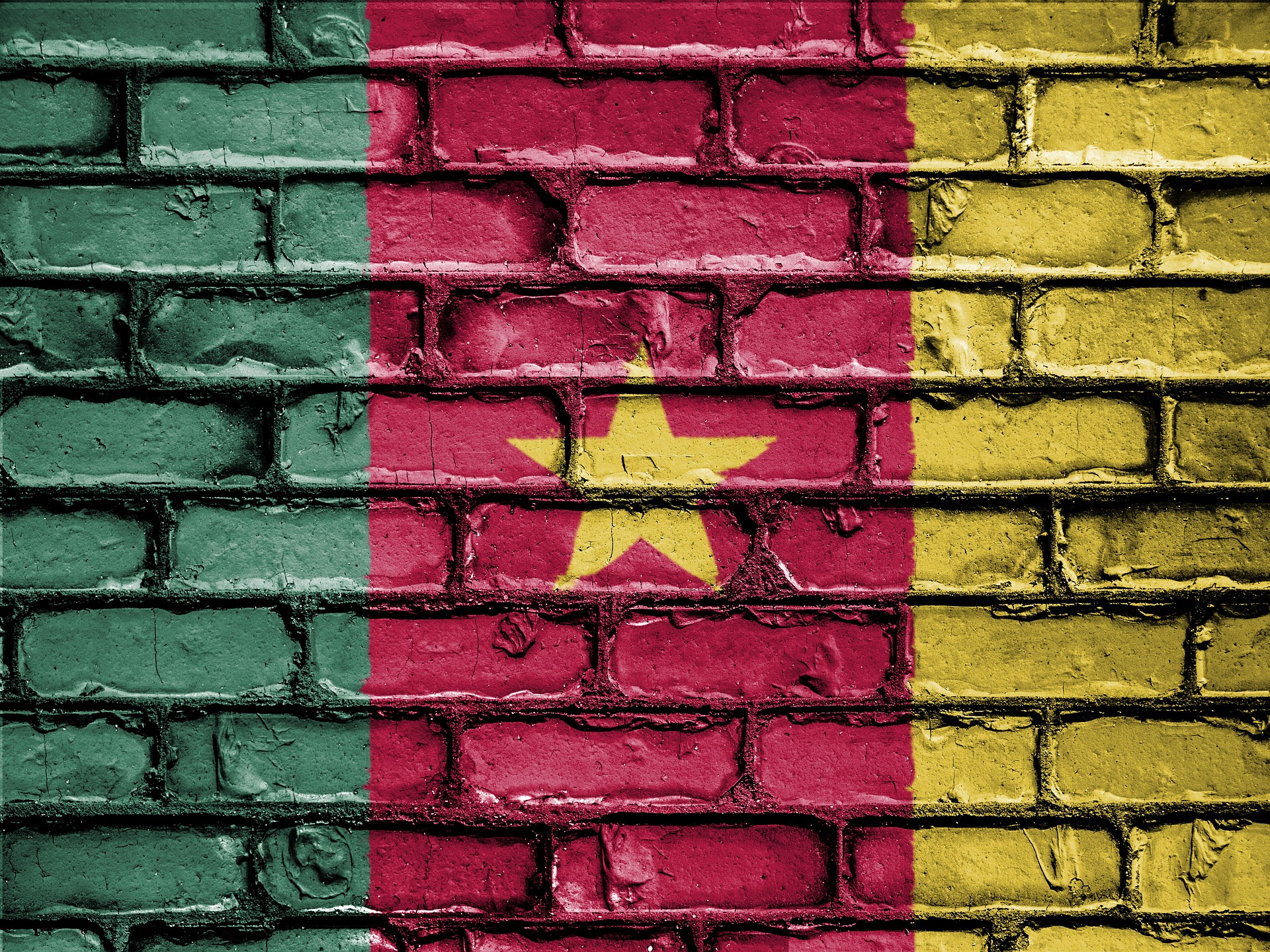
Sold for $2,000 at age 9, Cameroon native tells saga of human trafficking
An alcoholic father, an uncle she loved who sold her into slavery at age 9 for all of $2,000. The beatings, the rape, the nights on a cold floor, the endless work. No doctors, no education, no one from her family calling to check on her for years.
For a human trafficking victim who spent seven years in abusive captivity to cater to the whims of a wealthy Maryland family, Evelyn Chumbow can smile and laugh a lot, at least until she gets to some of the grimmer memories: The exposed bone from a knee broken during a beating with a steel broom stick instead of the usual cable, the rape when she didn’t even know what intercourse was. Telling these tragedies, the Cameroon native choked back tears Thursday.
Speaking as one of several events marking Black History Month, in a Misericordia University room so crowded the majority of listeners sat on the floor, Chumbow laughed at her childhood image of America mirroring her favorite TV shows.
“I wanted Bill Cosby to be my father, Will Smith to be my husband and friends like 90210.”
When her mother realized she couldn’t care for six children with an absentee father, she arranged for Chumbow to live with an uncle. “I loved him because he had a television,” she said with another chuckle.
The uncle also had connections with a human trafficker, and under the pretense of sending Chumbow to the United States for an education, sold her. Believing she was arriving legally, she was stunned to learn, upon arrival in Maryland, that she had been brought in with five other children on a single visa, the paperwork doctored during a stop in London.
Instead of living like the Fresh Prince of Bel-Air, she said she slept on a garage floor with her sparse worldly belongings in a box, denied food so often she took to stealing when sent shopping. She told harrowing stories of near daily beatings, of the son of the wealthy family she served lying to get her into trouble, and of the first time she heard from anyone in her family when a brother called.
“My trafficker was right there. I couldn’t say anything. All I could do was cry,” she remembered.
‘Reason I keep going’
Even after she ran and — despite having lost faith in her religion — found sanctuary in a Catholic church, she was not spared. Chumbow talked of an FBI agent who called her a liar, then of being put into foster care in “the hood” of Washington, D.C. “My friends were drug users, gang members or were on the street selling their bodies.”
She persevered and ultimately achieved a realistic version of her American Dream, earning a bachelor’s degree, seeing her trafficker arrested and sentenced to 17 years in jail, and raising her son Malcolm, now 5, who joined her briefly at the podium.
She confessed that because of her own experience she tried to end the pregnancy — “I hate to see children suffer” — but is grateful she failed. “He’s the reason I went back to the church, he’s the reason I keep going, he’s the reason I keep talking.”
Chumbow said it is critical people understand slavery still happens in many places, including this country. “People are still auctioned. People are still sold.”
Recounting a fellow victim she met at a conference who died of an overdose just weeks later, leaving three children behind, she also stressed how critical it is to give victims long-term support, by providing jobs, counseling, and financial services.
The trauma lasts a lifetime, she said. “We want the next victims to have the resources we didn’t get.”
